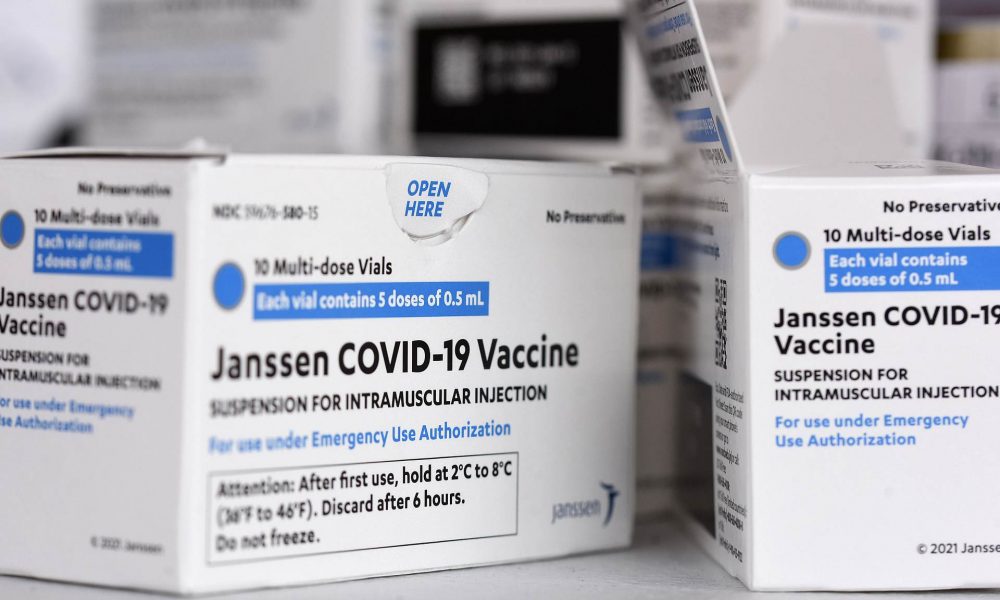On Monday, the Food and Drug Administration warned that the Johnson & Johnson (Janssen) COVID-19 vaccine could cause a rare and dangerous neurological disorder.
What We Know:
- Guillain-Barre Syndrome (GBS) is “a neurological disorder in which the body’s immune system damages nerve cells, causing muscle weakness and sometimes paralysis.” Tingling or weakness of extremities is one of the first signs of the disorder. The cause of GBS is unknown, but symptoms began to show days after having been sick “with a lung or sinus illness.” Between 3,000 and 6,000 people in the US develop GBS, with those over the age of 50 at greater risk of developing the neurological disorder.
- According to the Centers for Disease Control and Prevention, there have been rare cases in which people developed GBS after receiving a vaccine. There is no cure for the rare disorder, but treatments help subside symptoms and illness. The mortality rate is between 4% and 7%, with most people who experienced paralysis eventually regaining their ability to walk.
- The FDA released an updated label regarding the vaccine possibly causing an increased risk of developing GBS. They stated that those who did develop the disorder did so during the first 42 days of getting the vaccination shot. The FDA has not determined if the J&J vaccine is the true cause of GBS developing in some vaccinated people but has determined that no signs point to the other approved vaccines causing a similar outcome.
- Out of the 12.8 million J&J vaccines that were given out, the Vaccine Adverse Event Reporting System has only received 100 “preliminary” reports of people developing GBS. Of those 100 reported cases, 95 had to be hospitalized, and one died. Most of the cases reported have been men over the age of 50 who experienced symptoms two weeks after getting the vaccine.
- J&J has communicated with the CDC and FDA regarding the possible correlation between GBS and their vaccine. Both agencies will monitor the vaccine and use the federal vaccines safety database to read over side effect reports sent in by drugmakers, physicians, and those who receive the vaccine. They will also be placing the GBS warning inside pamphlets that are given to those who receive the J&J vaccine.
- The medical company has had its share of setbacks since having its one-shot vaccine approved for emergency release by the CDC. Earlier this year, there were reports that the vaccine caused a rare type of blood clot, which prompted a temporary halt on distribution until April. Dr. Anthony Fauci Told CNN that risks are to be expected with vaccines. However, the benefits of getting vaccinated outweigh those risks.
“When you vaccinate tens of millions of people, you will always find a rare event. You’ve got to make a decision — does the benefit outweigh the unusual risk of an adverse event? Thus far with the vaccines, it’s always been decided that the benefit of the vaccine outweighs the risk of an adverse event,” said Fauci
Those who receive the J&J vaccine should be mindful of the symptoms associated with GBS, such as double vision, trouble walking, swallowing, or tingling sensations, and should seek medical attention immediately if they experience any of them.



